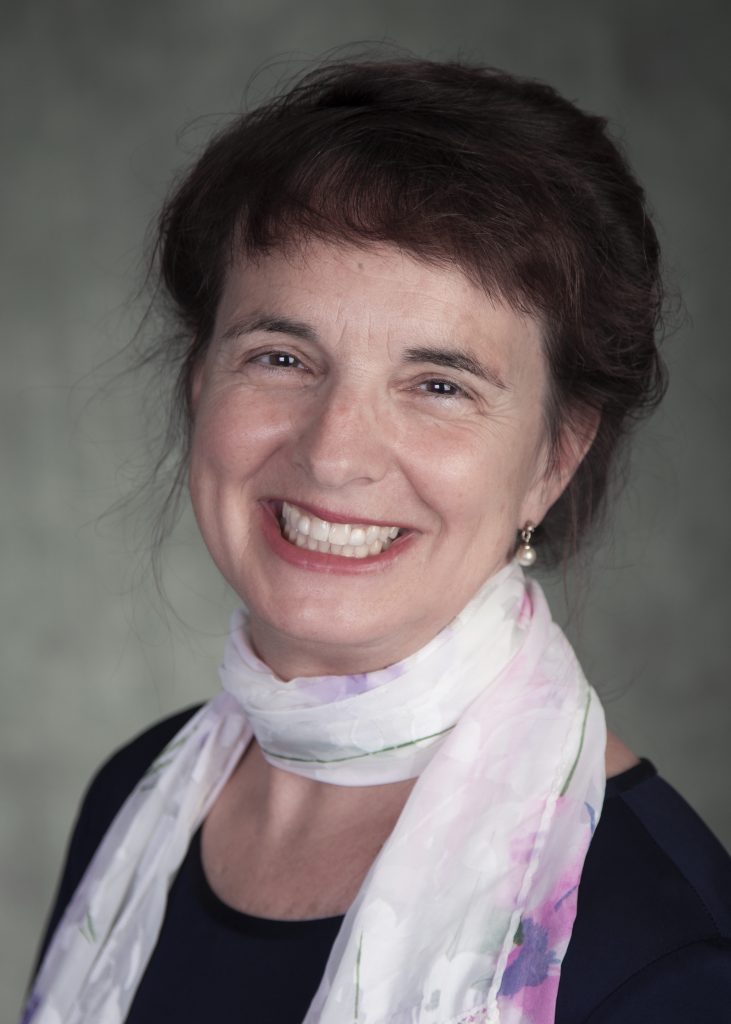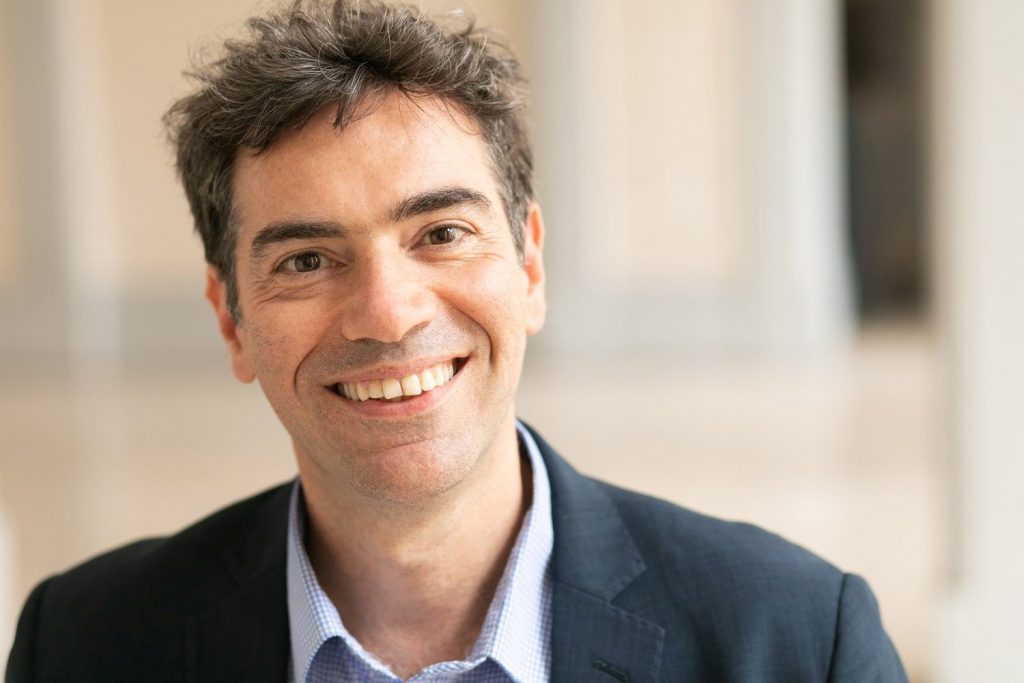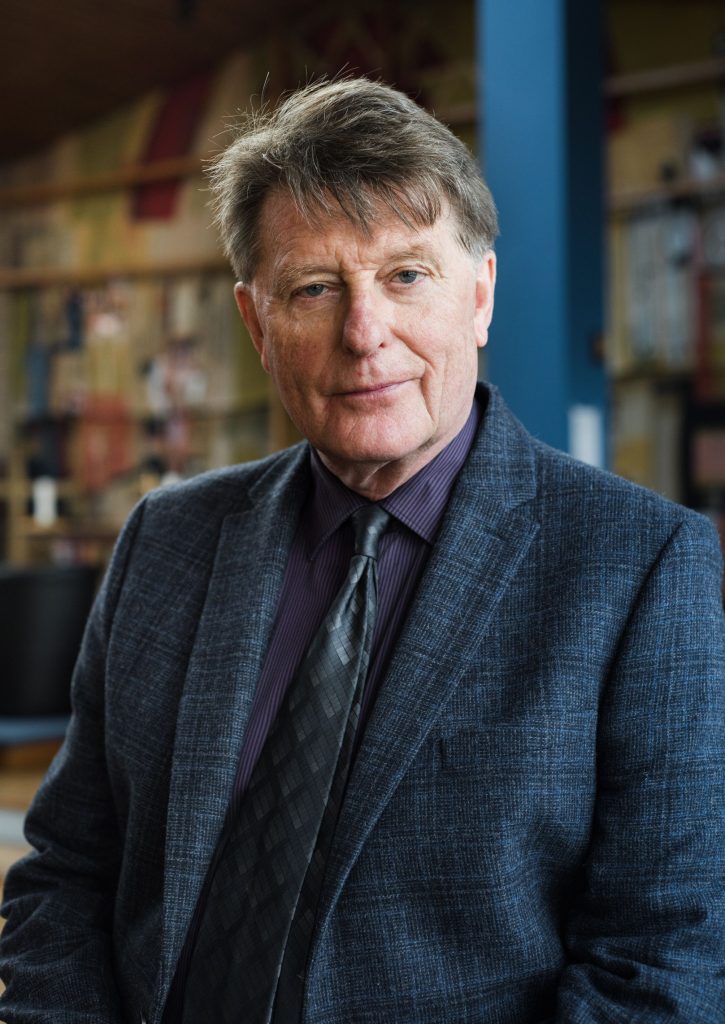
Dr. Darlene Clover
Professor in the Faculty of Education, University of Victoria, Canada, Darlene’s areas of teaching and research include feminist, cultural and ecological adult education and community leadership, and arts-based research and teaching methods. Darlene’s current studies focus on museums and art gallery exhibitions as pedagogical spaces of contestation and possibility and the feminist imaginary in women’s and gender museums.
From these studies, Darlene designed a critical and creative analytical, methodological, and disruptive research pedagogy called the Feminist Museum Hack. Based in the interests of the social responsibility of higher education and mobilising research outcomes to be more publicly accessible and far-reaching, Darlene curated in 2018 a large-scale multi-media feminist research exhibition entitled Disobedient women: Defiance, resilience and creativity past and present and is currently designing an exhibition entitled Cultures of Head Coverings to tell the complex tales of women’s lives through these often highly politicised pieces of cloth. Darlene is co-editor of Feminist Critique and the Museum: Educating for a Critical Consciousness (2020, Brill/Sense Publishing) and is currently co-editing Feminism, adult education and creative possibility: Imaginative responses (forthcoming 2022, Bloomsbury Publishing). Since 2006, she has co-edited 10 special editions of adult education journals on arts-based theories and practice and museums.
Dr. Tommaso Vitale
Associate Professor of Sociology at Sciences Po (Paris, France), Tommaso Vitale (PhD in Sociology, MA in Political Science) directs the Master “Governing the Large Metropolis” and is a researcher at the Centre d’études européennes et de politique comparée, where he co-coordinates with V. Guiraudon the research program “Cities, borders and (im)mobility”. He is also a member of the boards of DILCRAH (Interministerial Delegation to fight Racism, Antisemitism and LGBT Hate), the Convergences Migrations Institute, and co-editor of PArtecipazione e COnflitto, The Open Journal of Sociopolitical Studies.
His research, based on Weberian neo-structural sociology, focuses structural contexts of opportunities at different scales to explore the relation between social and spatial factors influencing forms of “community action”. This theoretical framework assigns to the city a generative role in structuring social, political and economic interactions; hence, community action is not seen as a form of solidarity (as in common interpretations), but as collective action not requiring a common identity. Taking inspiration from the Weberian legacy, that links structure and action, he developed a comparative approach in a dialogue between urban, political and economic sociology, as in the Italian tradition initiated by Pizzorno and Bagnasco, or Peter Blau’s more recent work. Hence, his approach to (inter)action and urban structure refuses false irenicism, de-historicization, and naïf optimism, which may characterize some “opportunity” theories. He is presently working on three main research projects: 1) agency, integration and upward social mobility of Roma people; 2) political sociology of associations and NGOs in urban societies; and 3) the impact of urban social and spatial structure on electoral behaviour.


Dr. Linden West
Professor of Education at Canterbury Christ Church University in the UK, Linden is widely recognized for his scholarship, which has encompassed popular education, adult learner motivation, professional learning, career and life choices, family learning, racism and fundamentalism. His writing is translated into many languages. His books include Distress in the city, racism, fundamentalism and a democratic education and Transforming Perspectives in Lifelong Learning and Adult Education, co-authored with Laura Formenti, which won the 2019 Cyril O. Houle prize for outstanding literature in adult education.
He has developed psychosocial perspectives on learning, learners and educational processes, partly drawing on his experience as a psychoanalytic psychotherapist. He has written on auto/biographical narrative methodology, notably in a book co-authored with Barbara Merrill, Using biographical methods in social research. Linden has recently focused on the ideas of inspirational adult educators like Raymond Williams, and his notion of structures of feeling, and on the place of liberation theology in Paulo Freire’s praxis. Linden was a member of the ESREA Steering Committee for a number of years and has coordinated/co-coordinated the ESREA Life History and Biography and Transformative Processes in Learning and Education Networks over a long period of time. He was visiting professor at Université de Paris Nanterre, Milano-Bicocca and Michigan State; and lifelong honorary member of SCUTREA, Steward of the International Transformative Learning Association and Fellow of the RSA.
